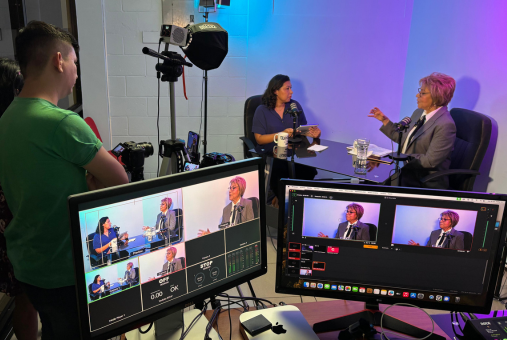
The sudden halt in U.S. government support has left dozens of Latin American newsrooms scrambling to stay afloat. While some have begun tapping into new revenue sources, most still face an uphill battle for long-term sustainability.
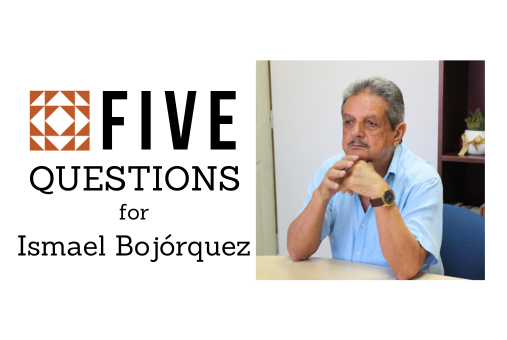
On the 8th anniversary of the murder of journalist Javier Valdez, his colleague and co-founder of the weekly Ríodoce, Ismael Bojórquez, talks about how conditions for practicing journalism have worsened amid a war between criminal groups.

Mexico’s Aristegui Noticias reports that a major leak shows the powerful Televisa network ran a secret operation to manipulate public opinion and target judges, journalists, and even billionaire Carlos Slim.

Although they don't usually represent significant additional income, investigative journalism books offer opportunities for reflection, prestige and editorial support, making them an alternative to precariousness and attacks afflicting journalism in Mexico.
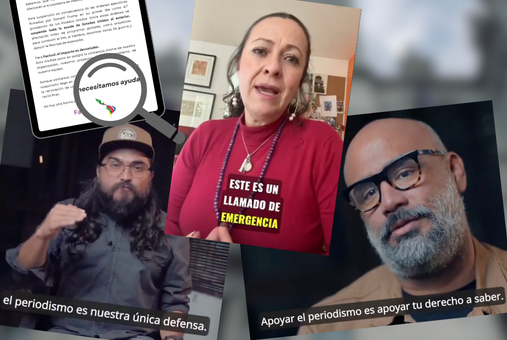
A freeze on foreign funding from the U.S. has forced independent media in Latin America to reflect on the importance of diversifying income sources.

In less than a month, at least four journalists have been killed in Mexico, Peru and Colombia for reasons that could be linked to their work. Experts say these numbers are evidence that violence continues to be one of the main ways to censor in many countries in the region.
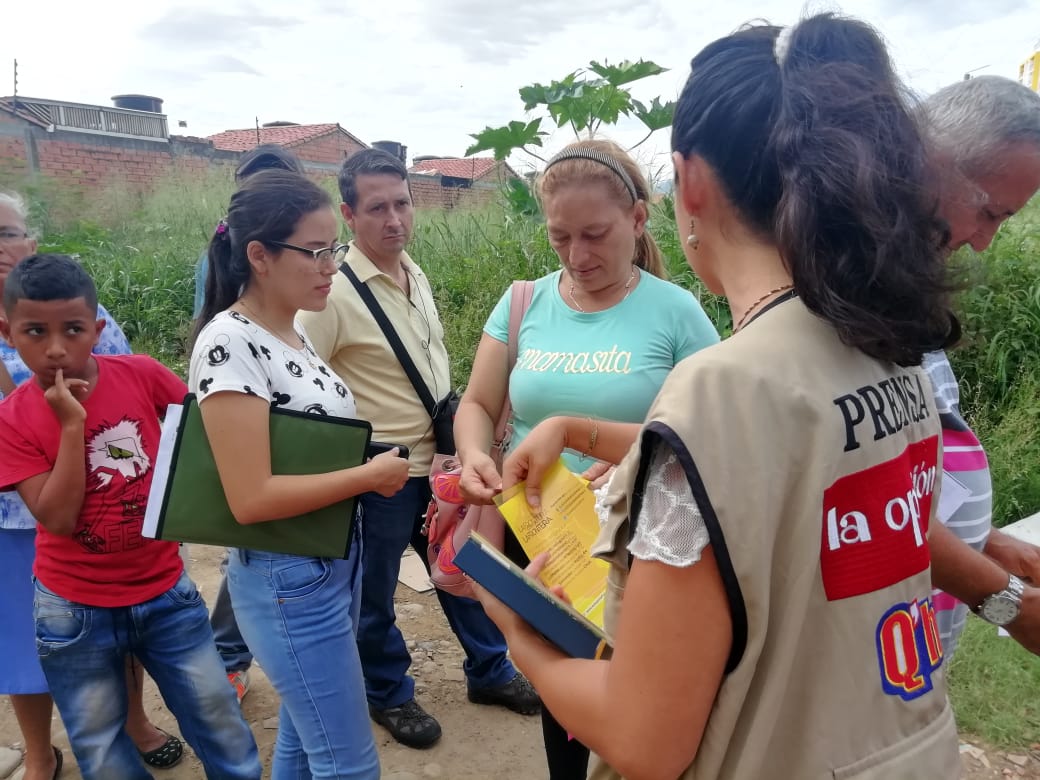
Countering narratives of hate, listening to migrants and delivering practical information are practices journalists who report on migrant communities are implementing to improve coverage ahead of possible measures from the U.S. president.
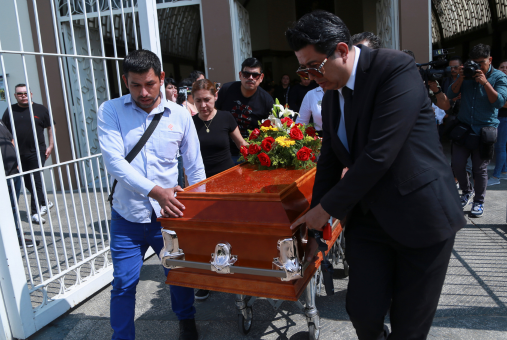
Latin America remains one of the most dangerous regions for journalists, with criminals and governments using killings and arbitrary detentions to silence press workers.

Considering the dangerous environments for press professionals in Mexico, nine newsrooms in various parts of the country learned to build their own physical, digital and facility security protocols based on their specific circumstances, as part of the Safer Newsrooms initiative from the IAPA and Google News Initiative.

Digital satire programs, such as Mexico’s “El Pulso de la República” or Colombia’s “La Pulla,” are gaining increasing visibility and having big impacts on public discourse in their countries. They’re also filling the gap in sociopolitical criticism left by traditional media, according to research by Peruvian journalist and academic Paul Alonso.

Lawmakers approved a reform bill that would eliminate Mexico’s transparency agency, which raises questions about how the right to public information will be upheld. Journalists and organizations warn about the risk of longer, costlier and less transparent processes, which would create obstacles for journalism and accountability.
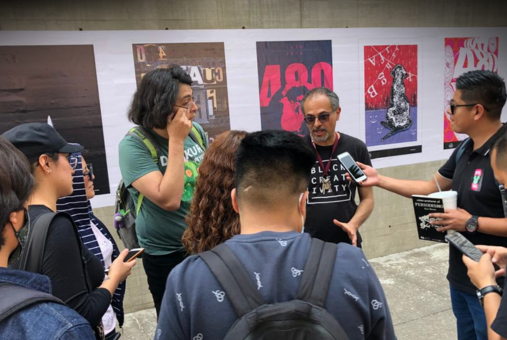
In the workshop at the Autonomous University of Mexico City, students from the city’s peripheral boroughs get an opportunity to highlight their neighborhoods and interests, challenging stigma and filling a void left by major outlets.